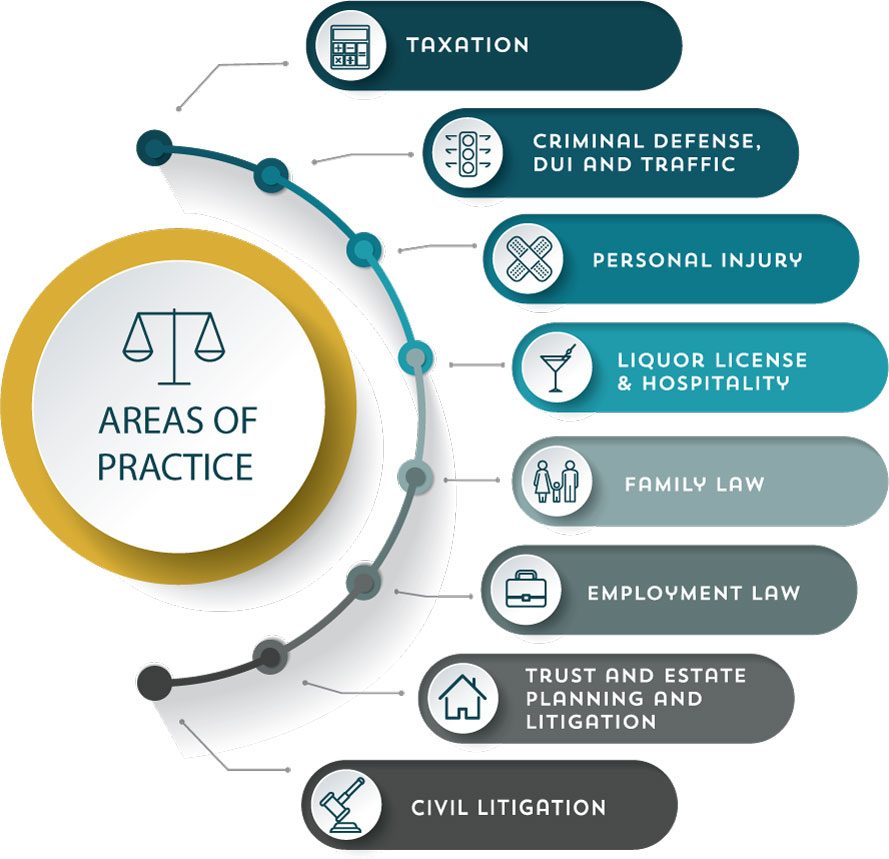Recognizing The Crucial Function Of Proof In Criminal Defense May Change Your Point Of View; Check Out The Basic Truths That Could Sway The End Result Of Your Case
Recognizing The Crucial Function Of Proof In Criminal Defense May Change Your Point Of View; Check Out The Basic Truths That Could Sway The End Result Of Your Case
Blog Article
Web Content By-Pratt White
When you think about criminal defense, evidence is commonly the first thing that enters your mind, and for good factor. It's the foundation whereupon your case stands, shaping the narrative and influencing the court's assumption. Different types of evidence, from physical to electronic, each play an one-of-a-kind duty in developing a defense. Yet not all evidence is treated similarly; admissibility requirements can make or break your defense strategy. Understanding these nuances is essential, specifically when taking into consideration how they can impact the result of a test. So, what should you find out about these criteria?
Sorts of Proof
When it involves criminal defense, understanding the kinds of evidence can make all the difference in your instance. Evidence falls into numerous categories, each playing a vital duty in establishing the realities of your scenario.
One common type is testimonial proof, that includes declarations made by witnesses. Their accounts can give insight into what occurred and can either support or test the prosecution's cases.
Physical proof is another vital kind, encompassing tangible products like weapons, garments, or fingerprints. This kind of evidence can directly connect you to a crime or aid negate allegations versus you.
Then there's documentary evidence, which includes documents, pictures, or any written materials significant to your case. These documents can give a timeline or context that's crucial for your defense.
Last but not least, you can't overlook digital evidence, which includes information from mobile phones, computer systems, or social networks. This kind of proof can reveal essential information regarding your activities or communications.
Admissibility Requirements
In criminal defense, the admissibility of proof is essential to your instance's result. You'll need to recognize the criteria that establish whether evidence can be utilized in court. Usually, proof should matter, reliable, and gotten lawfully to be considered acceptable.
Relevance suggests the proof must directly associate with the situation and aid confirm or refute a truth moot. If it doesn't connect to your protection or the charges against you, it might be excluded.
Integrity makes sure that the proof is credible and trustworthy; as an example, eyewitness testament can be cast doubt on if the witness has a history of unreliable accounts.
Furthermore, evidence has to be gathered according to legal treatments. Any type of proof obtained through prohibited means, such as an illegal search or seizure, might be regarded inadmissible under the exclusionary rule.
Recognizing these standards can encourage you to function effectively with your attorney. They'll browse the complexities of these regulations to enhance your defense, ensuring only the best proof is presented in your favor.
Constantly remember, the admissibility of proof can dramatically influence the court's assumption of your instance.
Impact on Protection Approaches
The admissibility of evidence straight forms your protection strategies. When evidence is considered permissible, you can use it to construct a strong situation. Conversely, if proof is ruled inadmissible, you need to pivot your method. Comprehending what proof the prosecution can provide aids you expect their disagreements and prepares you to counter them successfully.
You'll intend to focus on gathering evidence that sustains your protection. This could consist of witness declarations, specialist statement, or papers that obstacle the prosecution's insurance claims. see more is to develop affordable question psychological of the jurors. If specific pieces of evidence are weak or contentious, you might think about a technique that emphasizes various other solid aspects of your situation.
Additionally, the type of evidence-- whether it's forensic, testimonial, or electronic-- will certainly dictate exactly how you communicate your protection. You'll require to craft engaging narratives that resonate with the jury while making use of permissible evidence to support your insurance claims.
Eventually, your strategy must be flexible, enabling you to adapt as brand-new evidence comes to light or as rulings are made. Each choice you make must straighten with the objective of making certain the very best possible end result for your instance.
Verdict
In criminal defense, proof plays an essential duty in shaping your instance. By comprehending the different sorts of proof and their admissibility requirements, you can strengthen your defense strategy and create practical uncertainty psychological of jurors. Collaborating carefully with your legal counsel guarantees that your proof is presented properly and adapts to any kind of brand-new developments throughout the test. Ultimately, the right proof can make all the difference in attaining a positive end result.
